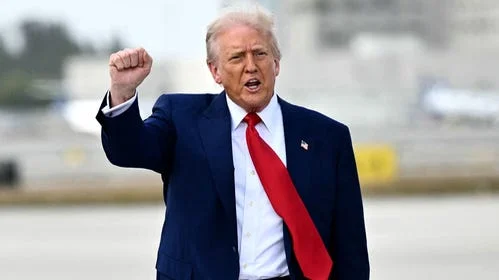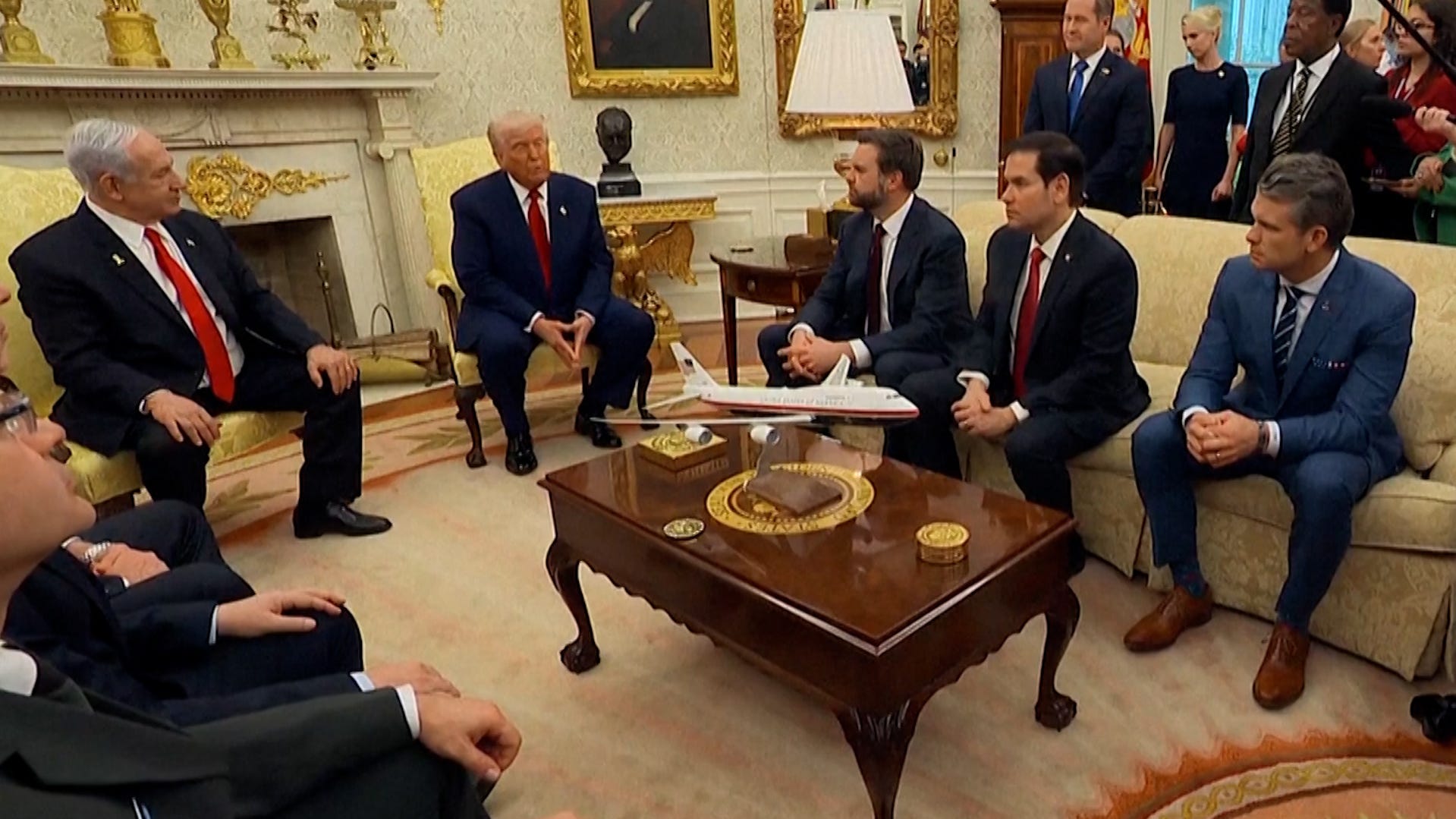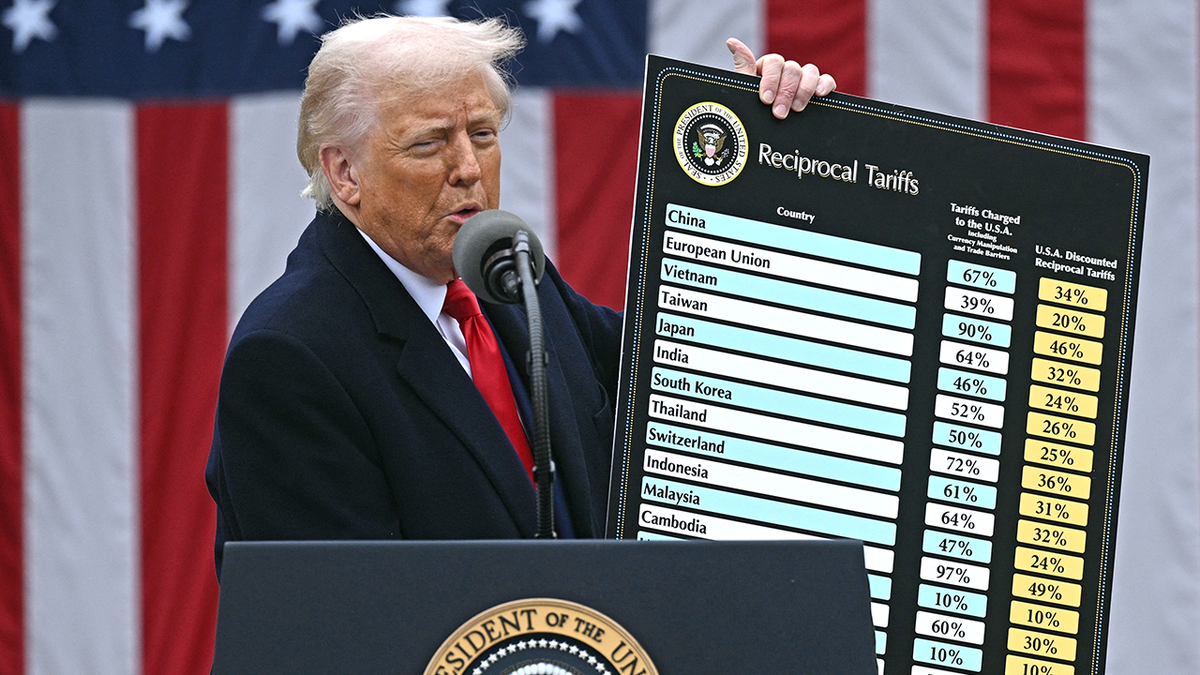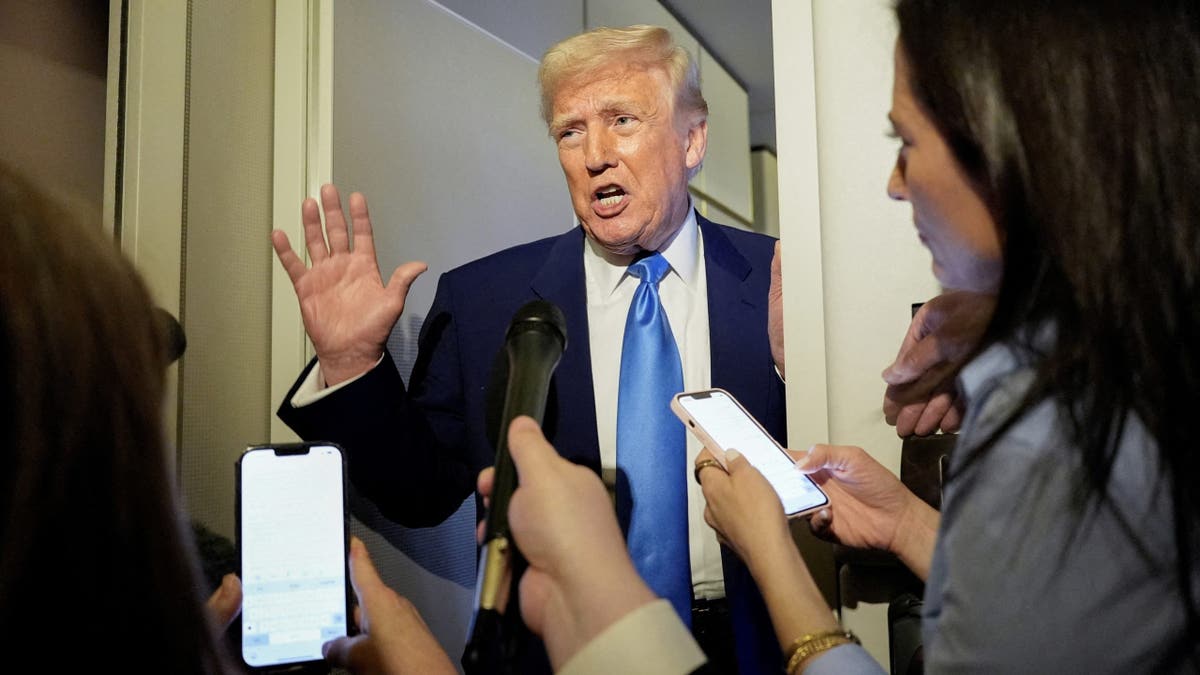
Trump Faces Approval Decline As Tariffs Trigger Economic Jitters And Polarize Public
President Donald Trump has ignited a fierce economic and political storm with his sweeping new tariff policies, prompting a notable slip in his approval ratings and sparking nationwide debate over America's economic future. As the trade war intensifies globally, the latest national surveys highlight rising voter anxiety over inflation, recession risks, and the fallout from Trump's bold economic maneuvers.
Just last week, Trump shocked markets by imposing at least 10% tariffs on all imported goods, with some countries—most notably China—facing rates as high as 54%. This aggressive stance led to immediate retaliation: China's 84% counter-tariff, and the EU announcing new retaliatory measures. While Trump framed this as correcting decades of unfavorable trade deals—tweeting passionately, "Don’t be Weak! Don’t be Stupid! ... GREATNESS will be the result!"—consumers and businesses have started to feel the strain.

Multiple fresh polls underscore a clear pattern: Trump's approval ratings have dipped since his tariff announcements. In Rasmussen’s daily survey, once consistently above 50%, Trump slid to 47% approval with 51% disapproval. Harvard CAPS/Harris sees a similar drop, from 52% down to 49% favorability, still slightly net-positive but on a downward curve. Meanwhile, RealClear's average of many polls finds him just below water: 47.5% approval against nearly 50% disapproval.
A detailed Quinnipiac University poll paints an even sharper picture: Trump’s overall job approval hit 41%, with 53% disapproval. Specifically, on the economy, just 40% approve while a majority disapproves—mirroring the public unease amid volatile markets. Nearly three-quarters of respondents believe the tariffs will hurt the U.S. economy short-term; over half anticipate long-term damage.

Voters’ top pain point? Everyday costs. Across party lines, almost half say the price of food and consumer goods worries them most, dwarfing concerns about jobs or the stock market. This universality signals why tariffs that risk raising prices provoke such bipartisan skepticism.
Trump's stance remains combative yet confident, pushing for what he calls economic justice. However, prominent business leaders like JPMorgan’s Jamie Dimon warn of recession risks, while Elon Musk brands the tariffs a 'mistake,' demonstrating elite dissent over the strategy.

Interestingly, despite economic headwinds, Trump still garners higher approval than Biden at similar points in their presidencies, and the electorate remains deeply polarized along party lines. Over a third of voters trust neither Democrats nor Republicans more on economic stewardship, highlighting growing policy fatigue and political disillusionment.
As talks of recession mount and global retaliation escalates, the coming months could further clarify whether Americans rally behind Trump's combative economic nationalism or turn away under mounting financial strain. Will his gamble to rewrite global trade rules pay off—or rebound at the ballot box?
What do you think: Are Trump's tariffs courageously correcting a broken system or risking economic pain? Share your opinions below and join this vital national conversation.